Jashn-e-Rekhta Dubai: A Grand Celebration of Urdu’s Timeless Legacy
By Zafar Iqbal, PhD

Jashn-e-Rekhta, held in Dubai—a city synonymous with diversity and cultural confluence—was a magnificent celebration of Urdu's enduring heritage. The festival captivated thousands of attendees across all age groups, showcasing the language's profound beauty, charm, and universal appeal. Despite a steep entry fee starting around 300 AED per person, Urdu enthusiasts thronged the Zabeel Park Amphitheatre, immersing themselves in a rich tapestry of literary and artistic experiences that stretched late into the night.
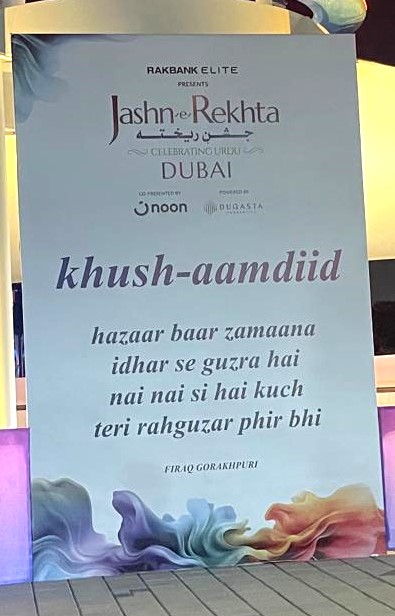
With multiple sessions running simultaneously, attending every significant event was impossible. The attached Program document contains a detailed list of the scheduled programs.On the first day, I attended Dilli Se Lahore Tak and Ballimaraan—The Piyush Mishra Project, an engaging presentation that seamlessly blended poetic narratives in Urdu and Hindi. The evening concluded with a highly anticipated performance by the soulful maestro, Shafqat Amanat Ali. While his music initially enthralled the audience, their enthusiasm soon waned due to the artist's unexpected remarks and conduct, which left many disappointed and added an unexpected twist to the evening.
The second day's programs attracted even larger audiences. A key highlight was an engaging conversation, Filmi aur Adbi Duniya, between two stalwarts of Urdu literature, Mohtarma Zehra Nigah and Javed Akhtar. This insightful discussion explored the challenges scriptwriters and lyricists face in balancing literary depth with the commercial demands of the film industry. The conversation underscored the painstaking songwriting process, illustrated by the iconic Pyar Kiya To Darna Kya, which underwent a hundred revisions before reaching its final form. While audiences admire the polished final product, the journey to its creation is often arduous and complex, a fact that was brought to light in this engaging discussion.
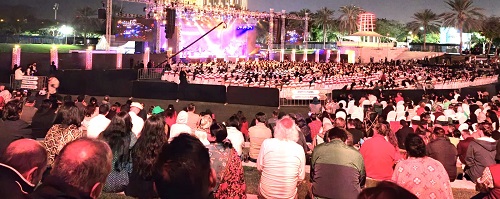
Eminent literary figure Zehra Nigah presided over the Mushaira, skillfully conducted by Shakil Jazib. The evening featured renowned poets, including Waseem Barelvi, Javed Akhtar, A. Abdullah, Abbas Tabish, Khushbir Singh Shaad, and Syed Sarosh Asif, who mesmerized the audience with their evocative poetry.
The highly entertaining and informative program Raqs-o-Naghma, expertly presented by Huma Khalil, delighted attendees with mesmerizing performances by skilled dancers and singers. The show featured popular movie songs penned by legendary poets such as Mirza Ghalib, Arzoo Lakhnavi, Shailendra, Hasrat Jaipuri, Raja Mehdi Ali Khan, Qamar Jalalabadi, Sahir Ludhianvi, Majrooh Sultanpuri, Shakeel Badayuni, Kaifi Azmi, Shaharyar, Gulzar, and Javed Akhtar.
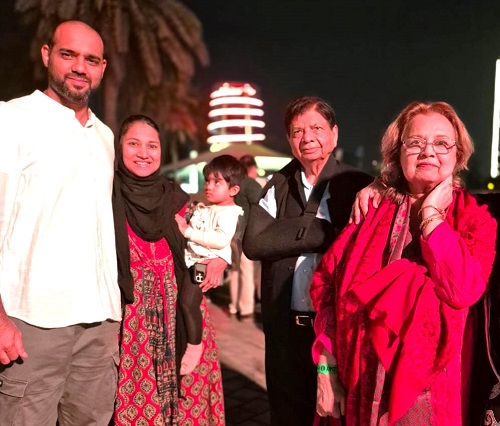
A special tribute was paid to the legendary Ameer Khusrau for his immense contributions to the evolution of Rekhta—the precursor to Urdu. He is also revered for shaping Indian classical music and pioneering instruments such as the sitar. The program culminated in a graceful presentation of Khusrau's poetry, exquisitely enhanced by expressive dance performances.
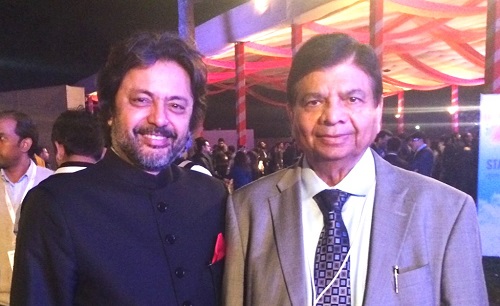
The festival's grand finale, Shaam Dhale —billed as a night of music and romance featuring Ali Sethi—did not receive the anticipated acclaim from the audience. While Sethi enjoys immense popularity among younger Urdu-speaking families, particularly those with a Westernized outlook, his performance seemed somewhat disconnected from the festival's spirit. His fluent English and references to New York pubs felt incongruous in an event dedicated to Urdu's literary and cultural splendor. As a result, his presence appeared out of place at Jashn-e-Rekhta.
One of the most captivating attractions was the literary telephone booth—Call A Poet. This unique installation allowed visitors to dial a poet's name and, upon lifting the receiver, be immersed in a world of poetry and literary conversations in the poet's voice. The experience was mesmerizing, drawing long queues of eager participants. Many stepped inside to savor the moment, some capturing it on camera. In contrast, others let their children listen, introducing them to the magic of verse through the nostalgic charm of a telephone receiver.
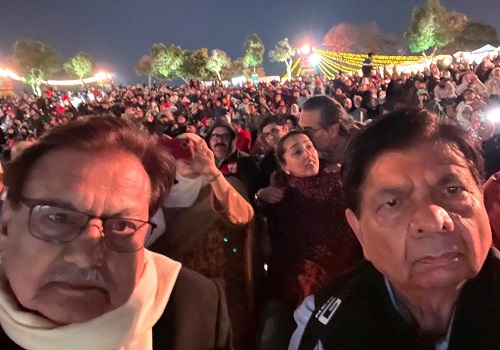
Attendees also received a beautifully curated festschrift featuring insightful articles on legendary Urdu literary figures such as Ghalib, Daagh Dehlvi, Mirza Abdul Qadir Bedil, Shakeel Badayuni, Faiz Ahmad Faiz, and Mah Laqa Chanda—the first female Urdu poet—along with numerous other enriching contributions.
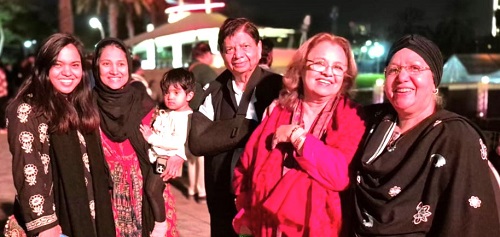
Jashn-e-Rekhta, one of the most prestigious festivals dedicated to the Urdu language, was founded by Sanjiv Saraf in 2015 under the aegis of the Rekhta Foundation. With a vision to preserve and promote Urdu's rich literary and cultural heritage, the festival has evolved into a global platform, uniting poets, writers, artists, and enthusiasts. Over the years, it has expanded beyond India, with its latest edition in Dubai further solidifying its role in fostering a deeper appreciation for Urdu across borders. It would not be an overstatement to say that the Rekhta Foundation's contributions to Urdu, in such a short span, remain unparalleled in the language's history.

